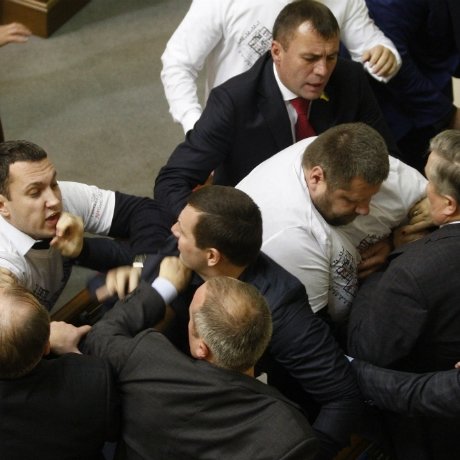(Foreign Policy) Valentina Stoikova is no revolutionary — yet she now finds herself on the front lines of change in her home country of Ukraine. A 57-year-old former aeronautics factory worker, she’s spent the past 14 years running an organization called the Fund for the Support of Entrepreneurship in her hometown, the city of Izmail on the Danube River. So when a maverick governor championing anti-corruption shock therapy asked Stoikova (who was, at the time, a partner of my organization, the Center for International Private Enterprise) to take over the local regional administration a few weeks ago, she had to think a bit. “For years I had complained that the government doesn’t let business do business,” she says. “So joining the government was not a simple decision to make. But I made it.” In the coming months, Stoikova’s mandate will be a challenging one. She aims to fire up to half of the local government’s 90 civil servants, to open up to public scrutiny the process by which lucrative local fishing rights are allotted, and to work with local law enforcement to crack down on corruption.
This is all a perfect fit with the plans of her boss, the governor of the Odessa region, of which Izmail is a part. The city of Odessa, at the region’s heart, is a seaport notorious throughout Eurasia for its smuggling, racketeering, and general air of lawlessness. The new governor is none other than Mikheil Saakashvili, the former president of Georgia… […]
Robert Orttung, a professor at George Washington University and assistant director of its Institute for European, Russian, and Eurasian Studies, agrees that Ukraine’s entrenched political and economic elites are slowing down the fight against corruption. And yet, he adds, “the good thing is that you have a whole coalition of groups like Transparency International that are pressuring the government.” Orttung, who spent several weeks on the ground in Ukraine earlier this year assessing the corruption environment, notes that “civil society is mobilized,” which helps to maintain the momentum.
Read More © Foreign Policy











